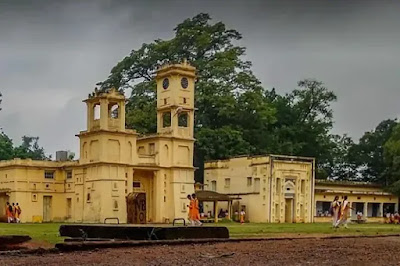The trouble with college in India

I always wanted to be involved in higher education in India, but all my attempts so far have ended in disappointments. Sure, there is something in what I want and also who I am speaking with and people who speak with me often have a limited objective in mind: A British accreditation of some sort! But I am beginning to suspect that the special place of college in India may have a role in this failure to imagine college to be anything more than a place to get a piece of paper. My hypothesis is that this difference has something to do with the history of college in India. Its peculiarity - a colonial institution enabling social mobility within the colonial context - is well entrenched in the Indian higher education policy and how the middle classes see the college. In Britain and Western Europe, colleges were conceived as training grounds for clergy and lawyers, residential institutions which not only attended to academic requirements (which was very few in most cases) but also served as ...